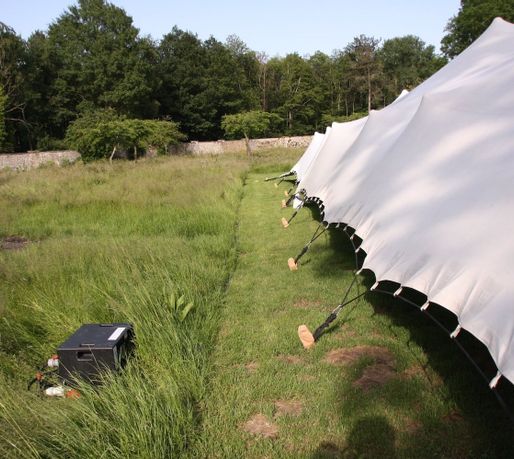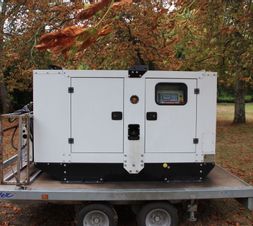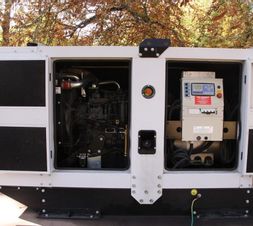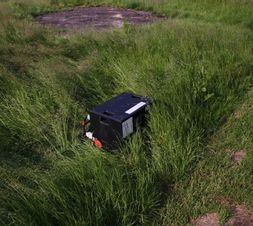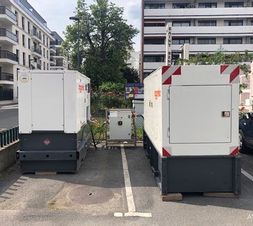Guide - Knowing the electricity needs of your event

Everything you need to know about the power supply for your event
Without electricity, there is no event! Hence the importance of not relegating the question of electrical organisation to the bottom of your to-do list. To avoid missing this essential step, here are three simple and effective tips. Follow them without moderation.
Evaluate all your needs
Each event has its own installation. It is therefore important to understand the electrical organisation in order to be able to control it and work with qualified service providers. What are the electrical requirements? This question is an essential prerequisite to avoid an electrical overload. Too much current flowing through electrical wires can lead to power cuts, damage to equipment and, in the worst case, a fire.
To begin with, assess your needs and those of each of your service providers: interior and exterior lighting, catering equipment (gas or electricity), the DJ's turntable, the venue's sound system, heating, etc.
List the power sources available at the venue
What electrical facilities are available on site? If your event tent is located in a company yard or in the middle of a field, the energy resources will not be exactly the same!

If you are near an established network, you will need to study the possibilities of connection and ensure that the installations are in conformity. On the other hand, if there is no source of electricity near the site, you should contact Enedis as soon as possible so that they can carry out the necessary work for a temporary connection. Be sure to make the request at least three months before the date of your event. The electrician will make the connection from the electricity pole closest to the event.
You can also opt for an autonomous electrical solution: a generator. Make sure that you are offered a silent model (especially if it is close to the event venue).
In any case, don't hesitate to provide a back-up generator to prevent any problems.
Anticipate and provide the appropriate equipment
Once the power source has been identified, the various electrical "stations" must be connected to it using cables, cabinets, boxes, extension cords, etc. All of this equipment will ensure that the power is distributed correctly.

Whatever the source (pole or generator), an electrical connection requires the professional installation of a cabinet from which the main cable will run. The further away the cabinet is from the event, the larger the cable will have to be. Otherwise, the installation risks overheating. At the end of this cable, a distribution box will distribute the electricity (via other cables) to the various installations. For convenience, an electrical source should be located within 150 metres of the event.
In general, it is better to use the skills of a professional with whom you have a good relationship. They will be able to help you with this technical aspect and present you with suitable solutions. Some service providers offer to provide maintenance (and peace of mind for the organiser) throughout the day.


 Phone
Phone
